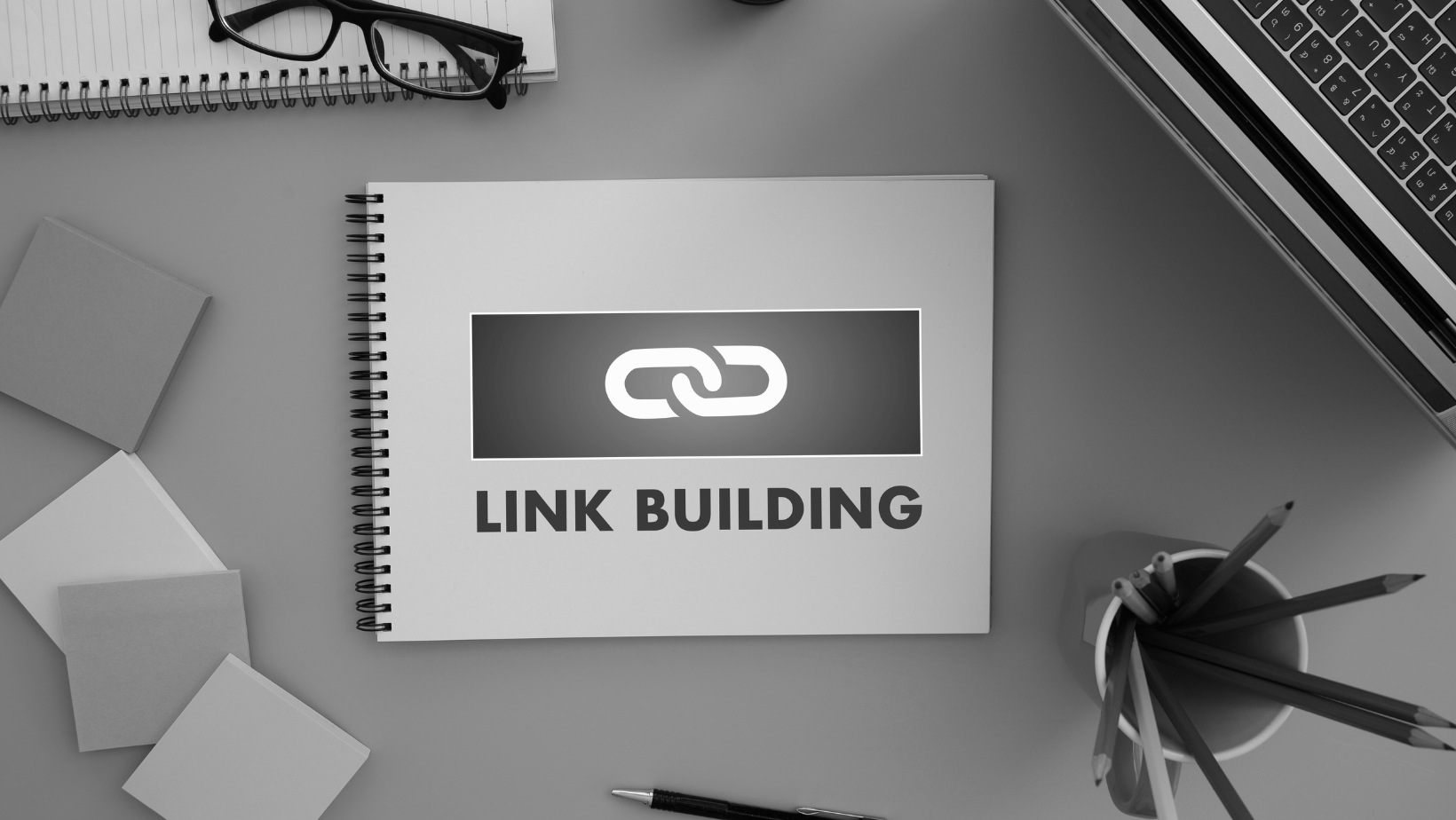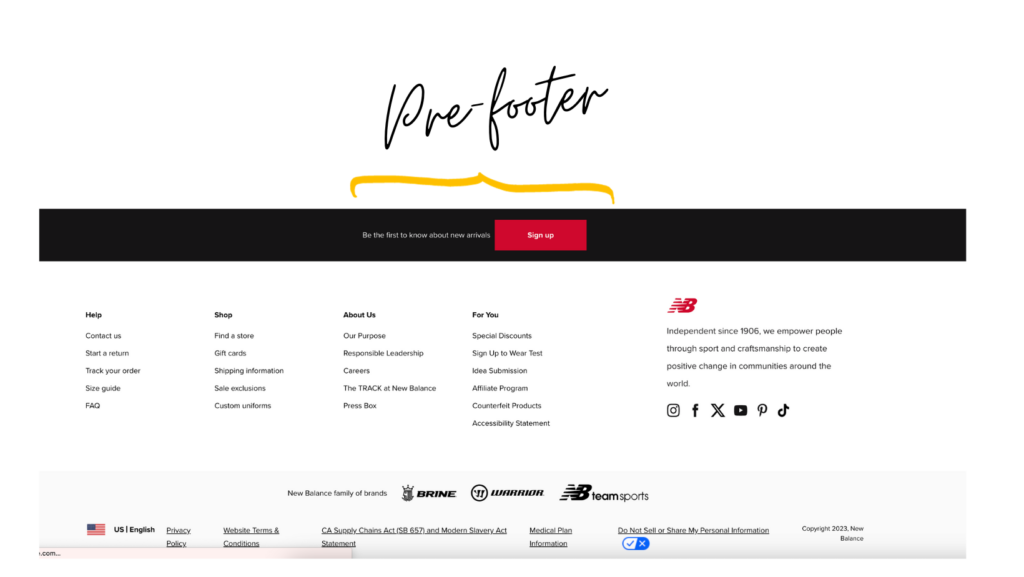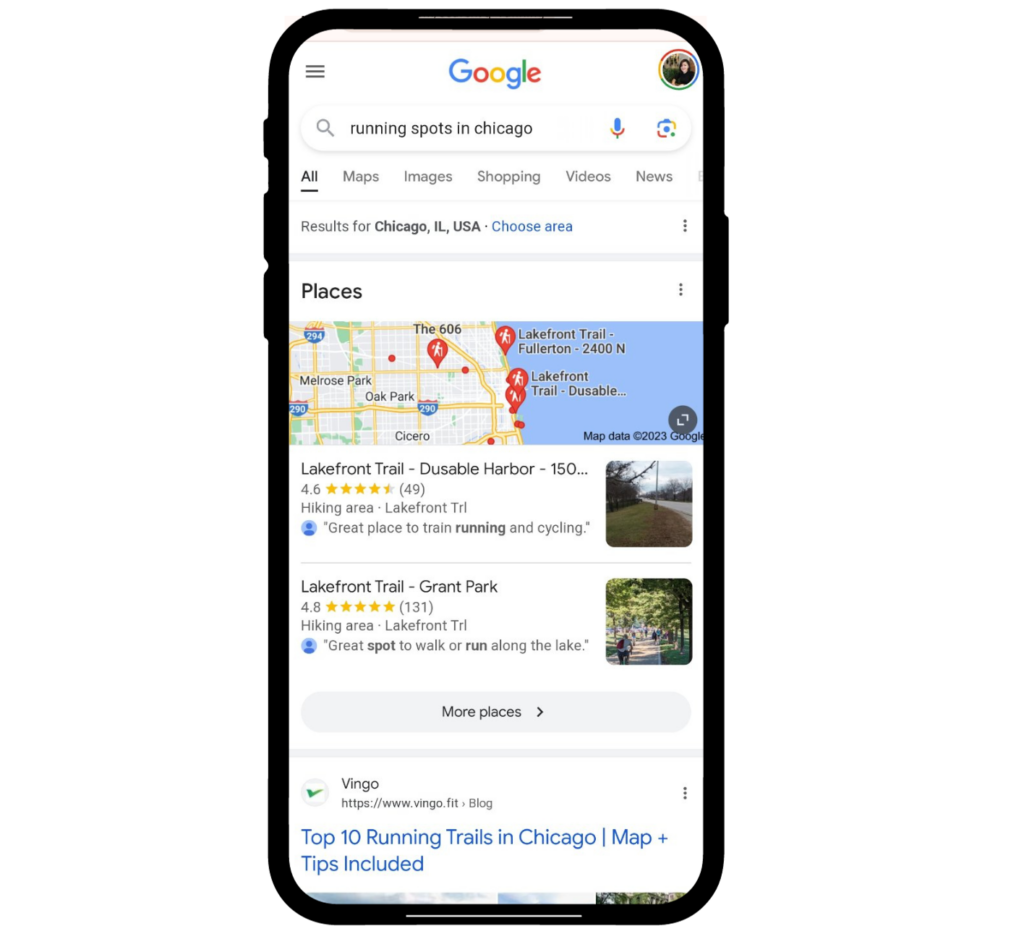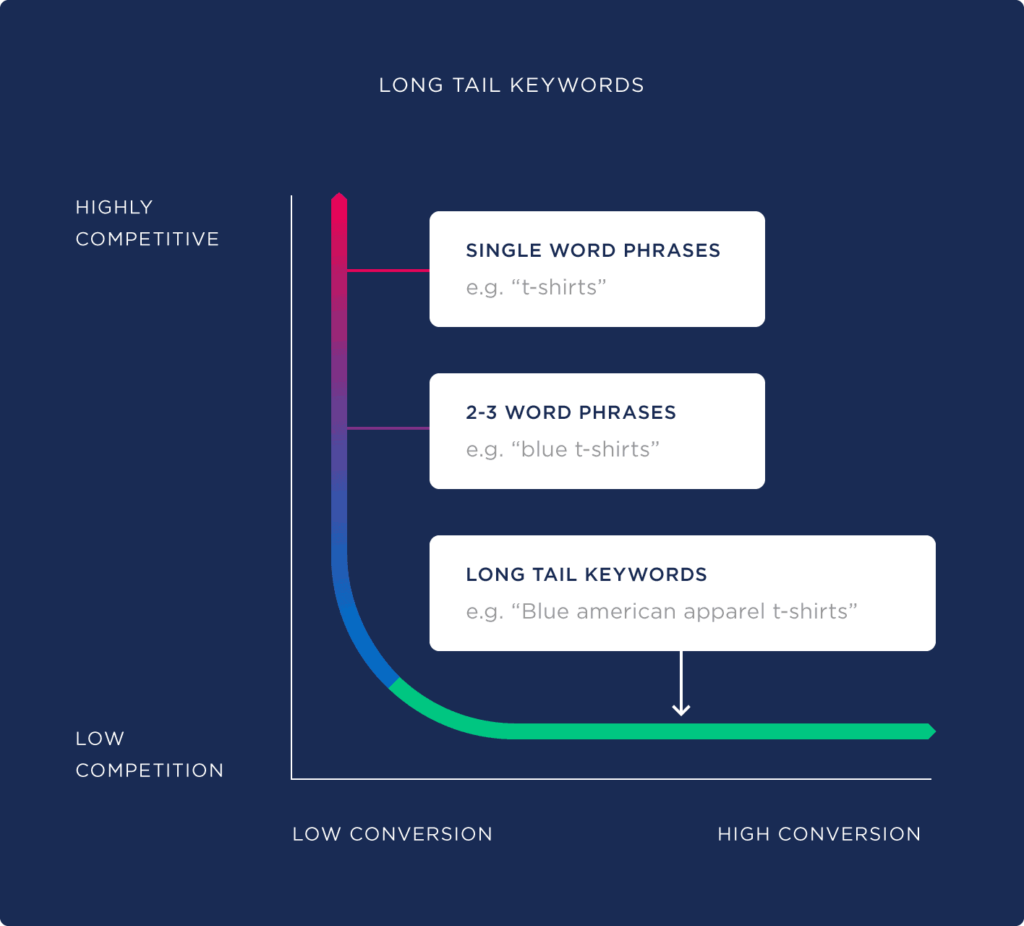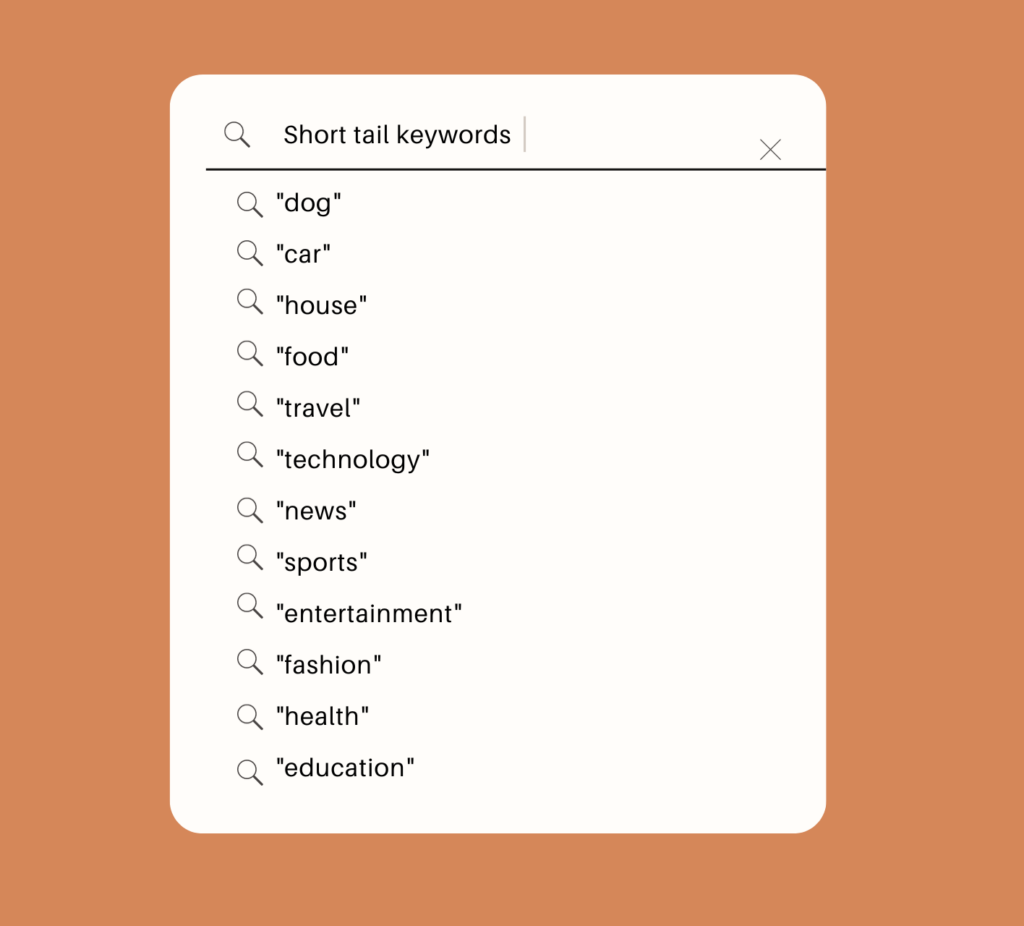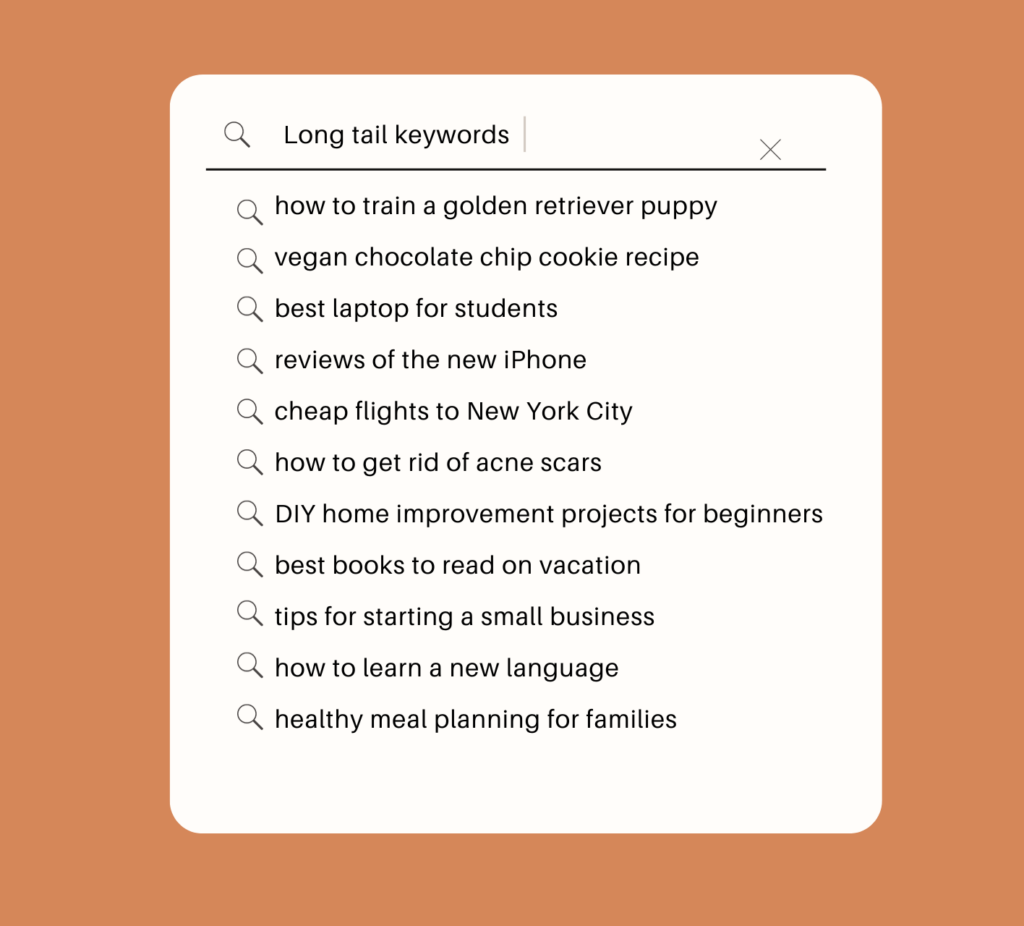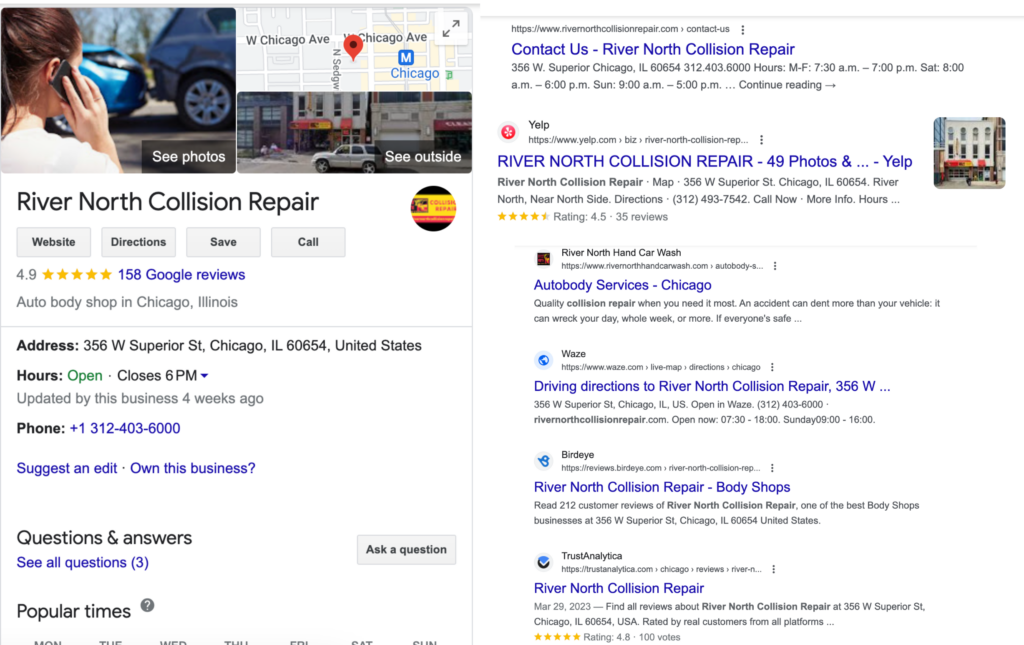In today's digital age, where the online marketplace is saturated with competitors vying for attention, having a solid SEO strategy is paramount for success. Picture this: you've poured countless hours into building your website, crafting compelling content, and perfecting your product or service offerings, yet you need help attracting the traffic and visibility your business deserves. If this scenario sounds familiar, fear not – you're not alone. Many companies face the daunting challenge of standing out in the vast sea of search engine results. However, with the right SEO strategy, you can propel your website to the top of search engine rankings, driving organic traffic and boosting your bottom line.
What Is SEO Strategy?
At its core, SEO (Search Engine Optimization) is a method used to increase the visibility of a website in search engines such as Google, Bing, and Yahoo. A robust SEO strategy is essential for enhancing your website's rankings, increasing conversions, maximizing profitability, and attracting new customers. However, it's crucial to understand that SEO is not a one-size-fits-all solution. Instead, a successful SEO strategy is tailored to align with the specific search intent of your target audience.
The strategy that works for an e-commerce business won’t necessarily be the same for a B2B company that thrives on leads. We tell you this so you don’t copy/paste strategies from other companies. You have to know what works for you. Here are a few things you’ll need to figure out:
- Do you need/want to have a blog?
- Will product pages be useful for your business?
- Can your website add information that brings value to customers/clients?
How to Create A Winning SEO Strategy
The first step in crafting a winning SEO strategy is gaining a deep understanding of your target audience and their search behavior. By identifying the keywords and phrases your potential customers use to search for products or services like yours, you can tailor your content to meet their needs effectively. Moreover, in today's ever-evolving digital landscape, staying abreast of the latest SEO trends and search engine algorithms is paramount. Continual adaptation and optimization are key to maintaining a competitive edge in the online marketplace.
Here’s a real-life example of a client we worked with. They were a home services company. We realized in our strategy sessions that the client wouldn’t make an in-roads in search by offering pages that aligned with their services. Where they would have the most important is by creating pages that offered free advice for troubleshooting issues related to their home services.
We realized that people would have a problem and want to know how to fix it. That would lead them to helpful troubleshooting articles, and then from there, we could create a soft sell around our products and services.
This is also essential in understanding what the added value of your product is. If you are selling shoes, it might have a value add of being comfortable for all-day walking. You’d want to align your search strategy around that attribute.
Set Your SEO Goals
Before diving headfirst into SEO implementation, it's essential to establish clear goals for what you want to achieve. Whether your objectives include increasing website traffic, improving conversion rates, enhancing brand visibility, or acquiring new customers, aligning your SEO goals with broader business objectives is crucial. By clearly defining your goals, you can measure the success of your SEO efforts and track progress over time.
Identify Main SEO KPI
Measuring the success of your SEO strategy requires identifying key performance indicators (KPIs) that directly impact your goals. While metrics such as increasing the number of ranking keywords, click-through rates (CTR), conversion rates (CR), and higher rankings are important, it's essential to avoid falling prey to vanity metrics that don't align with your objectives. Instead, focus on KPIs that provide actionable insights into the effectiveness of your SEO efforts.
Sometimes, the goal will be to increase purchases or get email signups. It’s essential to have goals that matter. We encounter businesses all the time that have traffic as a goal when that’s not important to them at all. If we told you that you could increase your traffic to one million visits a month but never purchase your product, leave an email address, or complete a lead form, would that be valuable to most businesses? Probably not.
Analyze Top 5 SERP Competitors
Understanding who your main competitors are in the search engine results pages (SERPs) is critical for devising a successful SEO strategy. By conducting a thorough competitor analysis, you can gain valuable insights into their tactics, techniques, and areas of opportunity. Whether you use SEO platforms or manual search queries to identify your top competitors, leveraging this knowledge can inform your SEO approach and help you gain a competitive advantage.
While we’ve warned against trying to copy your competitors, we should also point out that you should know what they are doing. Pick out what you like. Pick out what you don’t like. Remember that you won’t know for sure if a strategy for them is working or will work for you but at the very least, you’ll start to piece together things you might want to do for your website.
Start Mapping Your New Website Structure
One of the foundational elements of a winning SEO strategy is creating a well-structured website that is optimized for search engines and user experience alike. Keyword research and understanding user intent are paramount when mapping out your website's structure. By organizing your content into logical categories and subcategories, you can ensure that users can easily navigate your site and find the information they're seeking.
We cannot stress how important this is for you. Organize your content and your pages in a way that makes sense not only to your users but also to Google. Do your research on what might have the best impact on search and build a structure that works.
Identify Which Types of Pages Are Most Important
When directing link juice within your website, understanding which pages are most important is critical. For example, for an e-commerce site selling screws, categories may be more important, whereas for a retailer selling smartphones, individual product pages take precedence. By strategically allocating link juice to the most critical pages within your site architecture, you can enhance their visibility and rankings in search engine results.
Start Developing an Internal Linking Strategy
Internal linking plays a crucial role in optimizing your website's structure and distributing link equity effectively. By identifying pages that are performing well and implementing strategic internal linking strategies, you can boost the authority of important pages and improve their rankings in search engine results. Whether you utilize pre-footer links, category text links, menu structure links, or content marketing links, a well-executed internal linking strategy can significantly enhance your site's SEO performance.
Develop Content Marketing Strategy
In today's content-driven digital landscape, creating high-quality, relevant, and engaging content is essential for attracting and retaining customers. Topic clusters, where a pillar piece of content covers a broad topic and is supported by related subtopics, can help establish your website as an authoritative resource in your industry. By leveraging AI tools and following best practices for content optimization, you can create compelling content that resonates with your target audience and drives organic traffic to your website.
Optimize Every Type of Pages
Optimizing key elements of your website's pages is essential for maximizing their visibility and relevance in search engine results. Whether you're optimizing category pages or product pages, paying attention to elements such as title tags, meta descriptions, headers (H1), filters, internal linking, snippets, text, pagination, and URLs can significantly impact your SEO performance. By following best practices and utilizing resources such as beginner's guides and cheat sheets, you can ensure that your pages are optimized to attract and convert organic traffic effectively.
Link Building
Building high-quality backlinks from authoritative websites is a cornerstone of any successful SEO strategy. By engaging in strategies such as guest blogging, PR efforts, and relationship building with influencers, you can increase your website's authority and improve its rankings in search engine results. However, it's essential to prioritize quality over quantity when it comes to link building and avoid engaging in black hat tactics that could harm your website's reputation.
Local SEO Optimization
For businesses with physical locations, optimizing for local search is essential for attracting customers in your area. Claiming and optimizing your Google My Business listing, gathering positive reviews, and ensuring consistent name, address, and phone number (NAP) information across online directories can help improve your visibility in local search results. By implementing local SEO best practices, you can connect with potential customers in your community and drive foot traffic to your storefront.
In conclusion, creating a winning SEO strategy requires careful planning, ongoing optimization, and a commitment to providing valuable, relevant content to your target audience. By understanding your audience's needs, setting clear goals, analyzing competitors, and implementing best practices for on-page and off-page optimization, you can enhance your website's visibility, attract organic traffic, and ultimately achieve your business objectives in the competitive online marketplace.
Ready to take your SEO strategy to the next level? Contact us today for expert guidance and tailored solutions to elevate your online presence and drive meaningful results.


